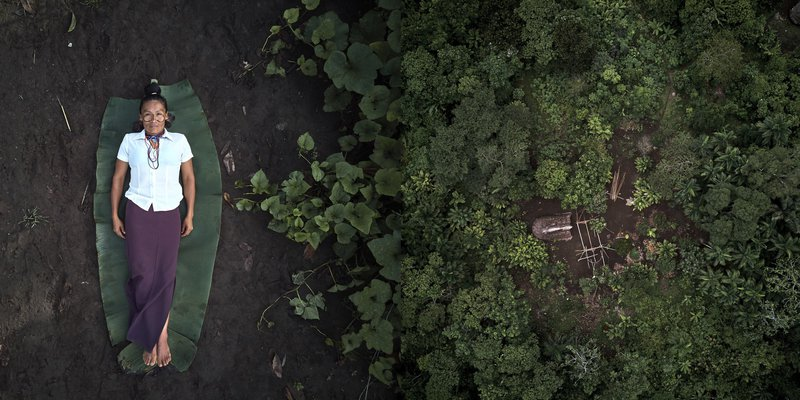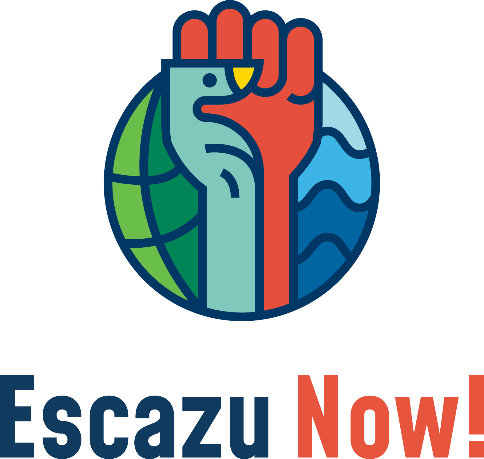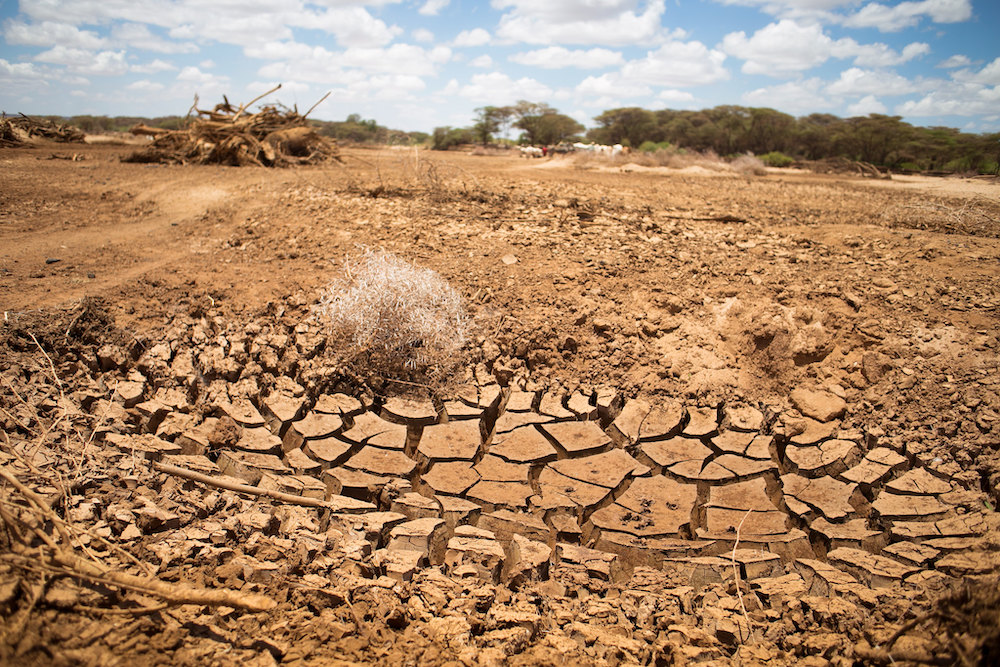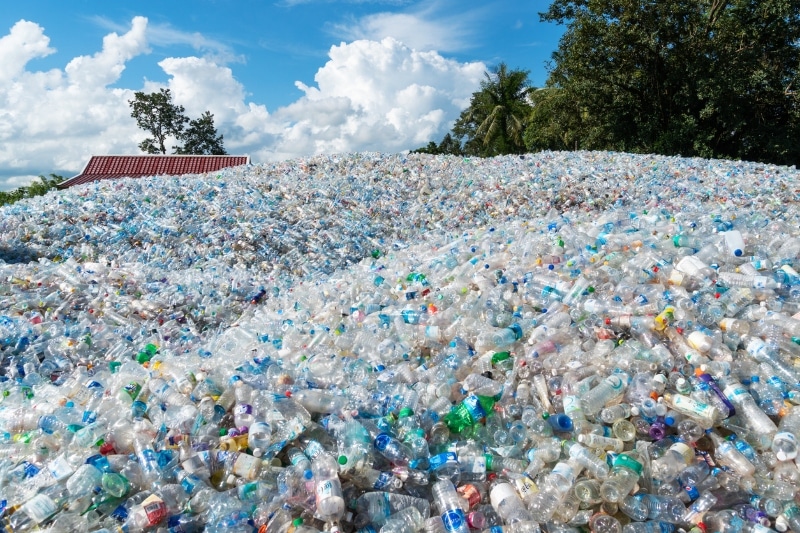MSc Development Management student Ximena Altamirano highlights the dangers faced by environmental activists in Peru and other areas of Latin America and the Caribbean who are being targeted and even killed without their attackers being brought to justice. She argues for putting pressure on businesses and governments to ratify the Escazu Agreement in order to protect them. This piece was originally published on the Oxfam From Poverty to Power (fp2p) Blog and the full campaign strategy can be found here.
The world is going through a climate crisis; temperatures are rising, icecaps melting and forests depleting – that is not exactly news. While we are all doing our part in protecting the planet, Latin American environmental activists don’t have it easy – and that should be news. This year alone 5 indigenous activists have been murdered in Peru’s VRAEM region, 5 citizens who were key in promoting sustainable development in the already contested valley. Adding to the wound is the fact that nothing has been done about it and looking at previous years’ records, it is unlikely that it ever will. Unless we do something about it.
And what is it that we can do? Simple, get congress to ratify the Escazu Agreement. For those unfamiliar with the term, it is the first environmental regional agreement for Latin America and the Caribbean, and the first in the world to deal specifically with human rights defenders in environmental matters (talk about leadership!). All relating to the environment, it seeks to guarantee rights of access to information, promote public decision making, and ease access to justice in environmental matters, while also creating the right tools that protect human rights defenders.
Yes, this agreement sounds just like what we need, and Peru was among the original signatories. However, for some unknown reason (by no means the letter authored by the largest business association in the country) when it was time to vote for its ratification in 2020, our congress said no. But with a new government in place, and looking at the regional panorama, it is time to try again.

As disheartening as the 2020 ratification denial was, it clearly guides our action plan. If the businesses won’t come to environmental activism, environmental activism must go to them. The strategy is therefore simple, make these opposing institutions realize they are losing money by not adhering to the agreement, and make the members of the Foreign Affairs Commission aware of this too.
What you can do: influencing for anyone and everyone
- Small business that cares about the environment and social justice/disproportionally affected by natural disasters and crisis? Find like-minded entrepreneurs! We have developed a platform to divide and conquer large businesses by easing contact between small and medium enterprises, adaptable to region and area of work. Suggested strategies are highlighting how lack of regulation makes you and your product an #EndangeredSpecies
- Big business that cares about the environment? convince your peers, we know you can. Useful tools for this are the IDB’s Environmental and Social Policy Framework informing the sector which kind of projects the IDB will be financing (very aligned with the Agreement)
- Not a business but a person that doesn’t want more families endlessly seeking justice for their loved ones? Share stories: of the fighters, of the lost land, of the irrecoverable nature. And make sure you tag the corresponding legislator / political party in power in the region you cover.
- In politics? talk to the opposition using their language: they say stability? You say OECD. They say foreign investment? You say World Bank, IDB and EIB. They say sovereignty? You list all the countries where the agreement is in place.
- Environmental activist? keep doing you
Together we can protect those protecting our planet. Let’s get #EscazuNow.
The views expressed in this post are those of the author and do not reflect those of the International Development LSE blog or the London School of Economics and Political Science.
Image Credits: Main Image: A picture of Verónica, a member of The Achuar, an Amazonian community, photo by Pablo Albarenga via Open Democracy. Second Image: The Escazu Now! movement logo.





